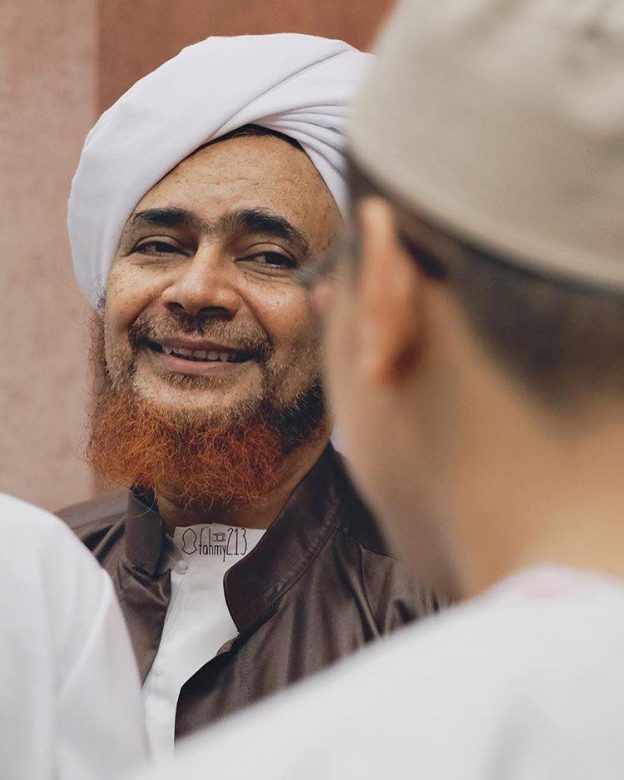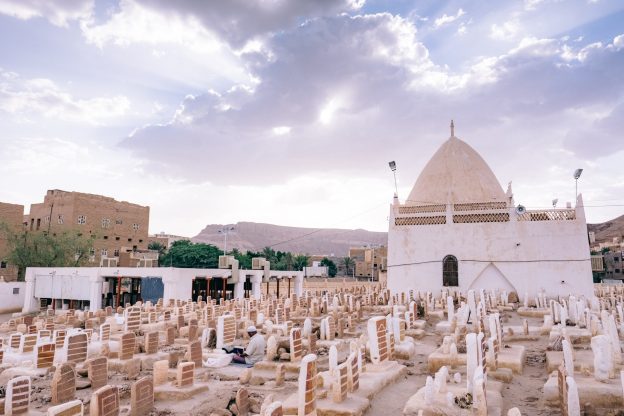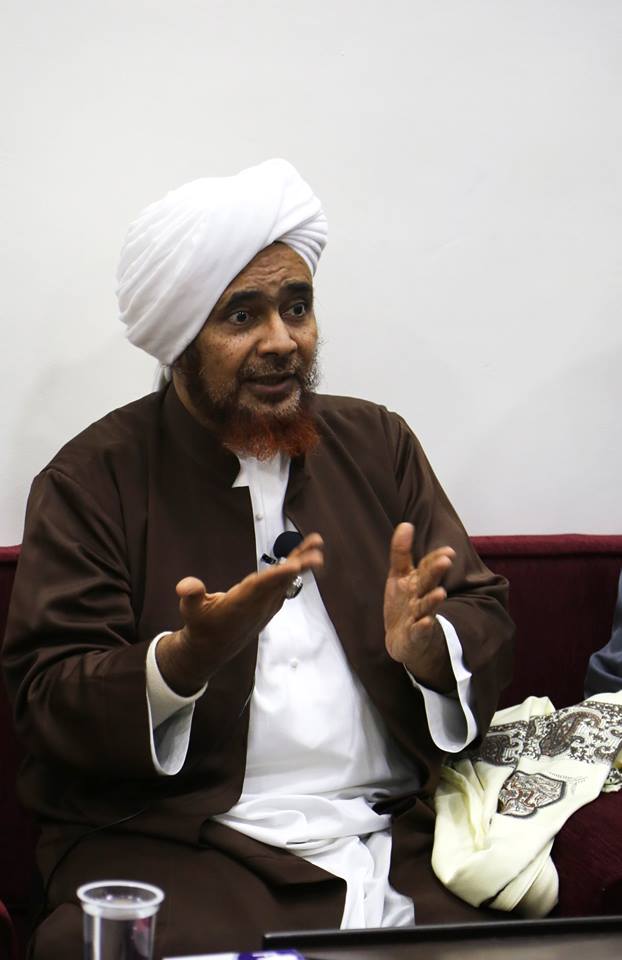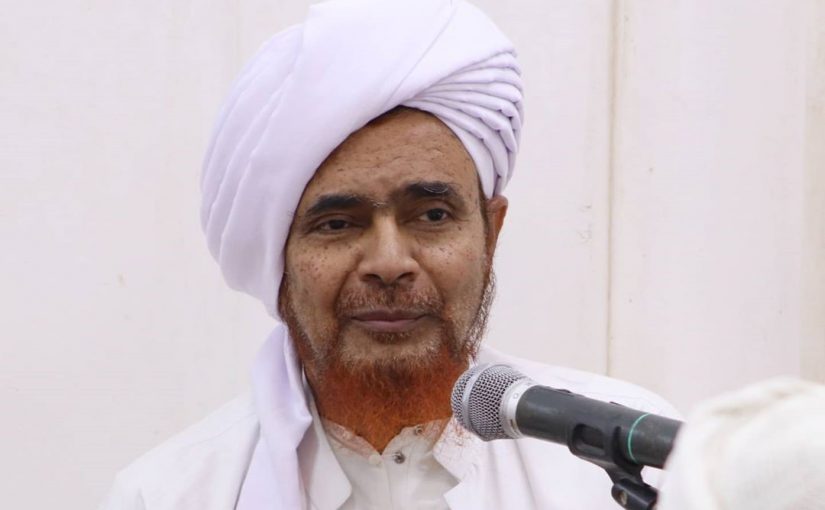Answered by Sayyidi Habib Umar bin Hafiz (may Allah protect him and benefit us by him)
How can we remove the desire to outdo our brothers and our envy for them, especially when we see their success in da’wah?
The cure for this is to look at the reality. The reality is that nothing happens except by the will of Allah, so how can we wish for other than what our Lord wills? The reality is that if our brothers succeed in da’wah or in any other realm of the religion, then this is a source of assistance, goodness, blessings and strength for all of us. So how can we dislike this strength, harbour envy towards the one who has been given it and desire for it to be removed? Continue reading On Envying the Dawah Successes of Others









